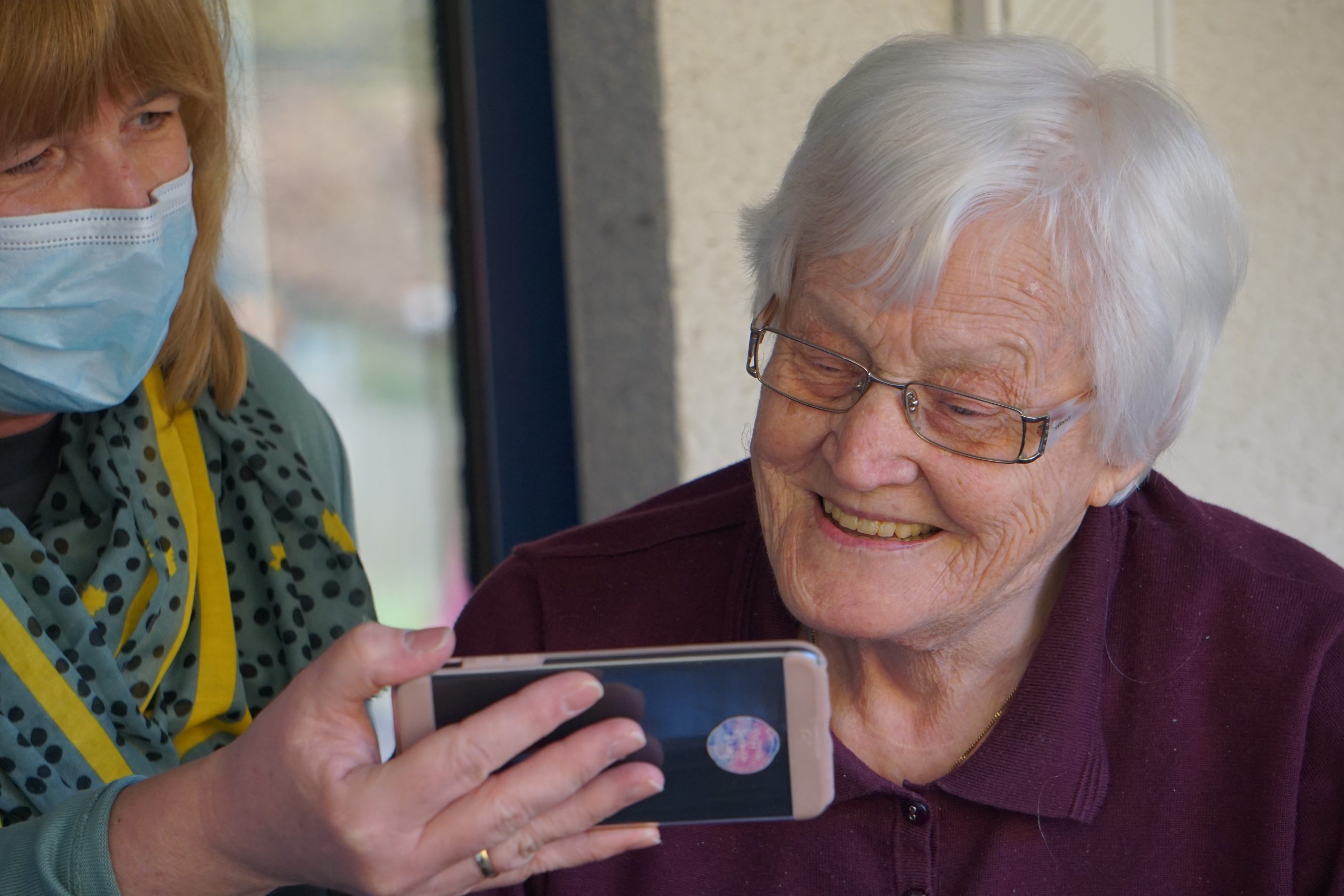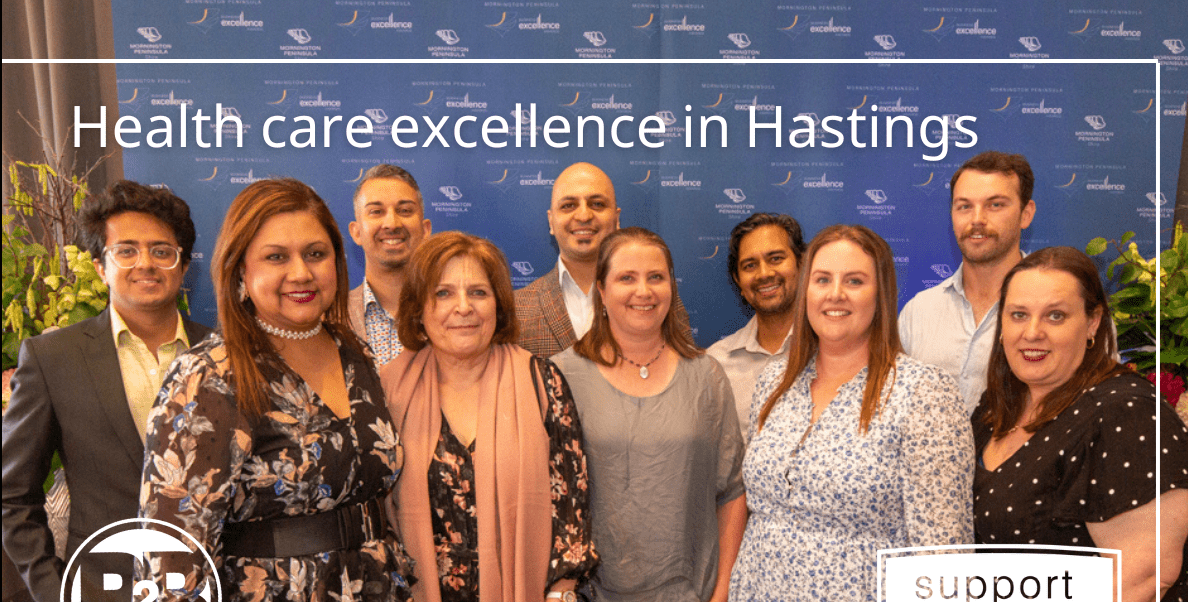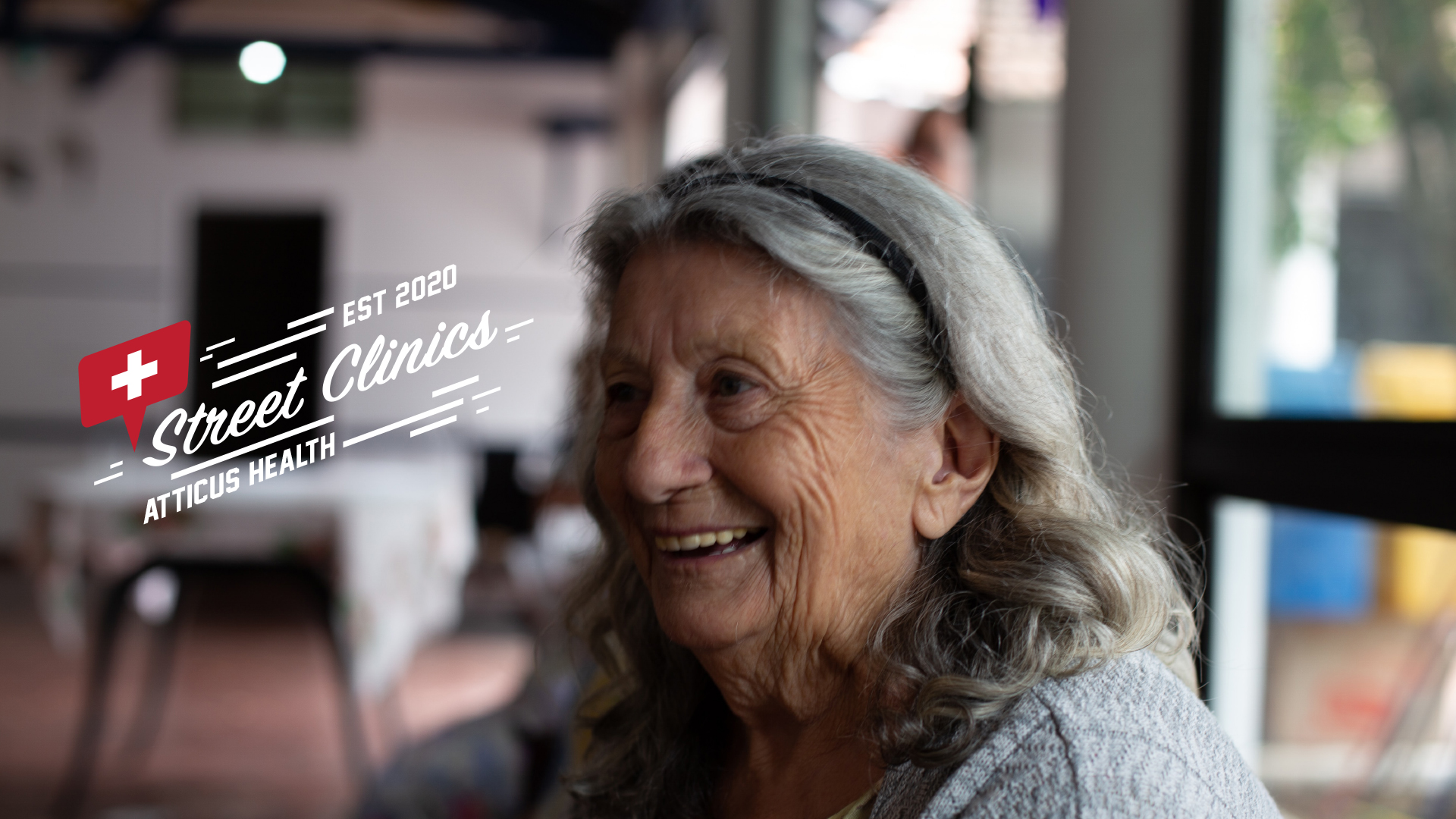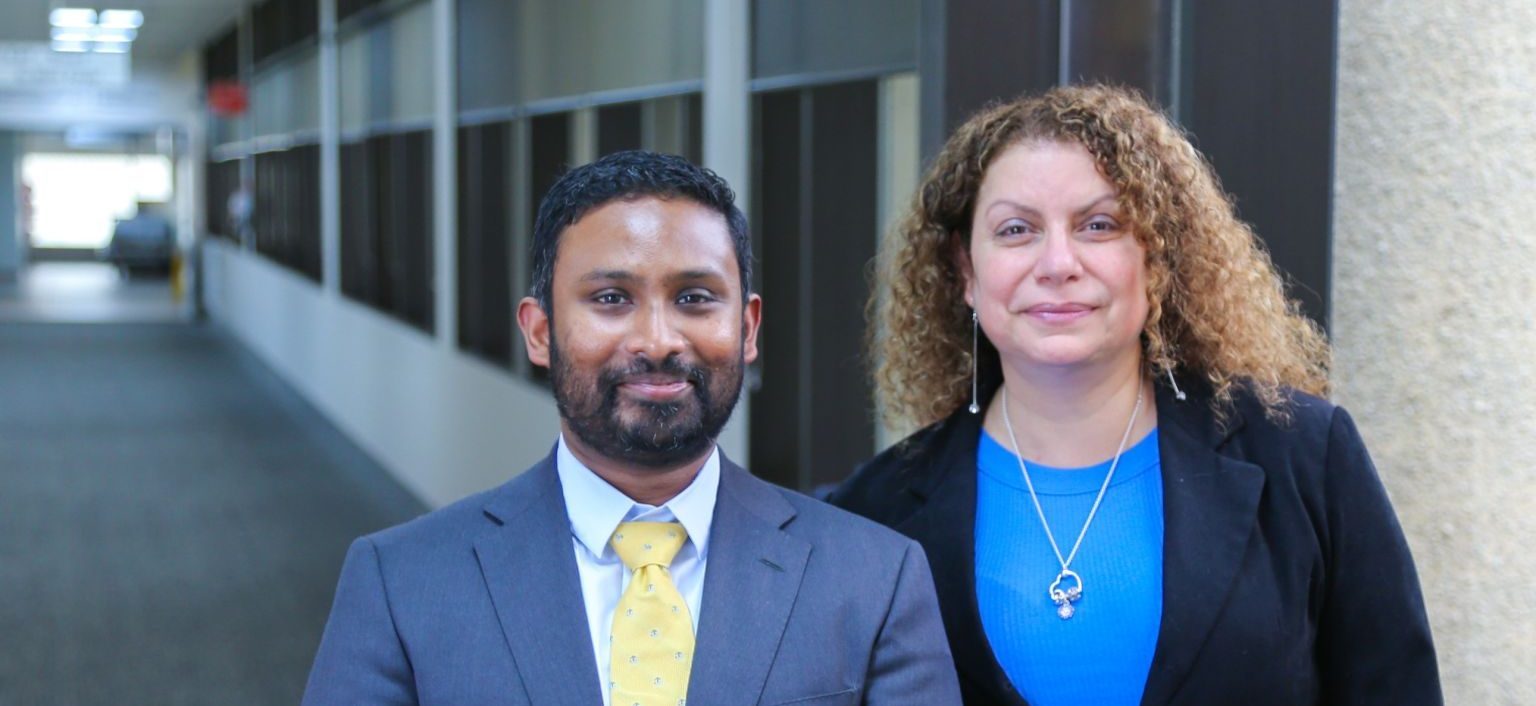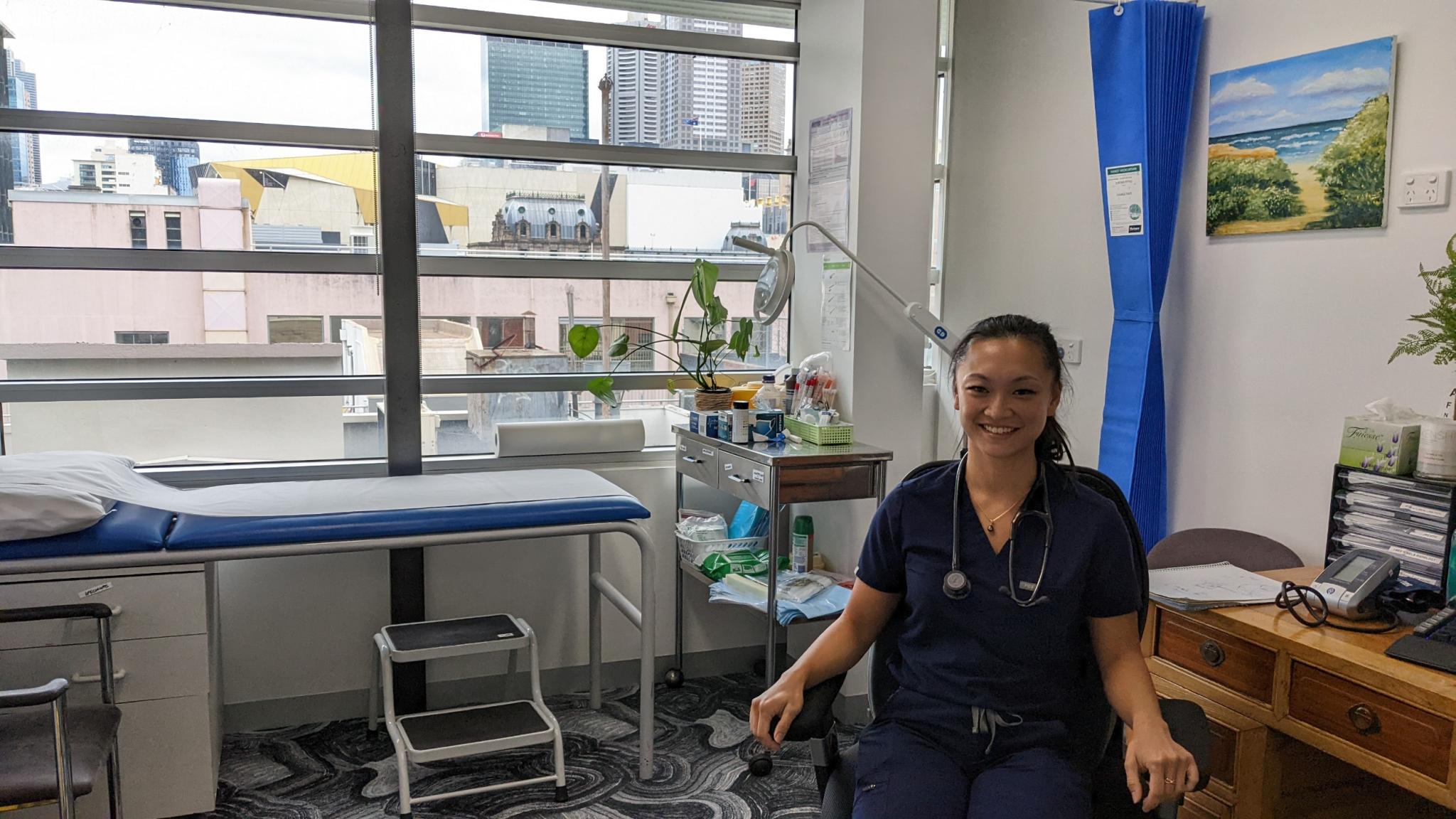Brett Thiedeman: Hey everyone. My name is Brett and I am the host of the street clinic’s podcast brought to you by Atticus health. During the month of Movember. I’ve got the pleasure of introducing our guest, Dr Weranja Ranasinghe, who is a urologist with Atticus Health, Weranja is an Australian-trained consultant urologist. He has extensive experience in treating patients with neurological conditions and is internationally recognised for his work in urologic cancers. So welcome, Weranja, thanks so much. It’s great. to have you today. We’re in Movember at the moment and it’s all about, raising awareness for men’s health. Weranja, can you explain to the listeners, what a urologist actually does and what your role is in Movember?
Dr Weranja Ranasinghe: Thanks. So a urologist is a specialist to treat patients with disorders of the urinary tract, such as the kidney, bladder, prostate, penis, and testicles. I see a lot of men with different cancers in these organs, and Movember is all about raising awareness of these conditions, especially prostate and testicular cancers. And as the urologist, we play a big role in developing this awareness for patients.
Brett Thiedeman: Yeah, now, that’s great Weranja, Atticus Health is doing a men’s health campaign for the month of November as well. With prostate cancer, it’s the most, commonly diagnosed cancer for men in Australia. And globally, more than more than a million people are diagnosed with prostate cancer each year. So, there are men, across the country that are living, with the disease, so, we’d love to hear more about the prostate. Are you able to explain that?
Dr Weranja Ranasinghe: Sure, right. So the prostate is a gland, which all men have, it’s the size of about a walnut, or ping pong ball, and it’s located between your bladder and the base of the penis. And this is important for your reproduction, and it produces about a third of the fluid and it helps the sperm survive. And that’s what the prostate does.
Brett Thiedeman: Okay, so I guess moving on the listeners would like to know, what are some of the symptoms of prostate cancer? And what should men look out for?
Dr Weranja Ranasinghe: With prostate cancer, unlike a lot of the other cancers, doesn’t have a lot of symptoms. Most of the men who we see may not have any symptoms at all. So we really just to have to rely on a blood test called the PSA test to detect these cancers in the first instance. But currently, in Australia, there’s no formalised screening program for prostate cancer using the PSA test. But the international guidelines do suggest having a PSA test done every two years after the age of 50 to detect prostate cancers. So if you are concerned about your risk of having prostate cancer, it’s a really good idea to talk to your GP about it, to see whether you would benefit from having a PSA test done.
Brett Thiedeman: Okay. And in terms of the ages range, you mentioned 50. So for any men that are over the age of 50, is that the best time to speak to your doctor about it?
Dr Weranja Ranasinghe: So a little bit more complicated than that. Usually, the studies show that the benefit of PSA is usually after the age of about 50. But it’s worth having a conversation with your GP, especially if you have a risk of a family history of prostate cancer. There may be a time that PSA can be considered a little bit before the age of 50.
Brett Thiedeman: Okay, okay. So yeah, if you’ve got any concerns, then you should speak to your doctor even if you’re under the age of 50 as well. What causes prostate cancer Weranja?
Dr Weranja Ranasinghe: We don’t really know what exactly causes prostate cancer, but as we discussed before, as we get older, the risk of prostate cancer increases. And men who have a family history of prostate cancer, such as a brother or a father with prostate cancer are at a higher risk of having prostate cancers. Now, it’s also important to not forget that if you have a family history of breast or ovarian cancer, so your mother or sister has breast cancer or ovarian cancer, those are the same genes, which also increase the risk of prostate cancer. So again, if you do have a mother or a sister with those conditions, it’s also important to to talk to your GP, as you may be at a higher risk of having prostate cancer as well.
Brett Thiedeman: Okay, yeah, that’s interesting. That’s very useful information. hadn’t heard of that before. So just moving along, I’d like to get your advice. If men can pick up prostate cancer early, could this reduce the need for treatment? And then in return reduce, the treatment related side effects?
Dr Weranja Ranasinghe: Yes, the earlier you pick up any cancer, the chances of cure are higher. So not all prostate cancers need treatment, as well, as some of these prostate cancers can be lower risk and can be watched very safely. So identifying the prostate cancers which need treatment is our job. And identifying the patients who need treatment. And early treatment again, can reduce the risk of side effects of certain therapies.
Brett Thiedeman: Okay, yeah. So people speak about the side effects of treatment for prostate cancer. What advice do you have for men who are worried about the side effects?
Dr Weranja Ranasinghe: So Brett, lots of things have been done over the last few years to increase the detection of prostate cancers. So there’s been a lot of developments in the treatment as well as the diagnostics. As you mentioned previously, now we can accurately identify prostate cancers which don’t need any treatment. But even if a patient needs treatment, there’s been significant advances in surgery, such as the introduction of robotic surgery, which allows for faster recovery. And even radiation therapy has gotten much more advanced. So we can deliver the radiation to the site of the tumor with much more precision to reduce all of the side effects, which we used to get earlier on. So it’s important to communicate with your urologist about what’s important to you, and what your anxieties and worries are in determining the treatment because a lot of these treatments can be tailored to the patient’s needs.
Brett Thiedeman: Yeah, yeah. Okay. Well, I guess moving to another type of cancer, that is often spoken about, is testicular cancer, which is affecting a lot of young people as well. It’s the most common cancer and young in Australian men. And at greater than 95%, the odds of survival for men with testicular cancer are better than good, which is good. So, again, what advice can you give in regards to early diagnosis, which I’ve spoken about a couple of times, but yeah, it’s important that we get this important point through.
Dr Weranja Ranasinghe: That’s exactly right. Right. So on a similar theme to prostate cancer, the early detection is key in testicular cancer as well. Most men actually present with a lump in their testicles, which they have felt. So the best advice which I’d be able to give is for men to self examine their testicles, and they do notice a lump to get it checked out. Or they feel that there’s something off try to get it checked out. But also important to say that not all lumps are cancerous, but seeking advice early can improve outcomes and reduce side effects from treatment.
Brett Thiedeman: Yeah, okay. And so and how do you treat testicular cancer?
Dr Weranja Ranasinghe: As you mentioned previously, the cure rates of testicular cancer are quite good. So the majority of the patients who present with a lump in the testicle unfortunately need the testicle removed. But even with this, most men are cured and you don’t need a lot of any other treatments such as chemotherapy in vast number of cases. So majority of men understand that the removal of the testicle is necessary and given its excellent cure. So even when we take out testicles most urologist would offer prosthesis at the time of course, at the time for cosmesis. So most men are happy after the surgery as well. And additionally, removing one testicle does not affect the testosterone levels of fertility. So overall, the investment largely affect their lifestyles. After having early treatment for testicular cancers,
Dr Weranja Ranasinghe: So Weranja, does testicular cancer affect fertility?
Dr Weranja Ranasinghe: So you have one testicle removed for testicular cancer, and the remaining testicle can still produce a large number of sperm. So it’s very unlikely to affect fertility. However, in some cases, if you do need chemotherapy and other additional therapies, it may be worth talking to your urologist about sperm banking, or sperm freezing, especially in that instance, to maintain fertility, but in general, I’d say if it’s picked up early, the chances of it affecting fertility is very low.
Brett Thiedeman: Oh, that’s good. That’s, that’s a positive thing then. So I guess finally, Weranja. What, what sort of questions do you think? Men should ask if they’re affected with prostate or testicular cancer? What should they asked their urologist?
Dr Weranja Ranasinghe: So that’s a really good question. If you or your family member is diagnosed with either prostate or testicular cancer, it’s important to talk to your doctor about it. So as a urologist, my role is to understand your concerns, and to understand what’s important to you and your family. Because majority of these treatments can be tailored to your needs, especially if the cancer is picked up early. Now, there’s also a number of other really valuable resources which are available to guide you and your family through this difficult period, such as your GP, who’s one of the most important people in your care. And there’s a number of other specialities who can offer services to you such as radiation oncologists, medical oncologist, allied health specialists, such as prostate cancer nurses, physiotherapist, dietitians, and psychologists who are all there for you. So you’re not alone in this in this diagnosis, and there’s a lot of services and people to help you through this, as well as your family.
Brett Thiedeman: Great to hear that. I think to wrap up. We thank you for your time today. Do you have any final parting words of wisdom before we go?
Dr Weranja Ranasinghe: I think the theme of this podcast and that’s what Movember is all about. It’s about being aware of these conditions. And being aware of these cancers. And talking to the GPS, and talking about getting early screening is really important. And because early diagnosis can reduce the need for aggressive treatment and reduce the side effects associated with some of these cancers, and offers a very high chance of cure. So awareness and early detection would be my two key points.
Brett Thiedeman: Yeah, that’s a great, thanks for that Weranja. And, again, thank you for being with us today. Just before you go, on an unrelated topic to men’s health, and Movember. I was just scanning LinkedIn over this week, and I noticed that you were involved with an Australian first treatment of kidney cancer. Firstly, congratulations, that’s amazing. Would you mind telling us a little about that before you go?
Dr Weranja Ranasinghe: Thanks Brett. I think the best thing to do would be to go on LinkedIn and have a look. It’s basically about bringing a new treatment to Australia, which was for the benefit of one patient. Yeah. And that’s the that’s what it’s all about. But and you’ll have to check out the article for more 🙂
Brett Thiedeman: You’re very humble Weranja. And yes, as I said, It’s an Australian first treatment. We will we’ll post it on our socials and probably our newsletter as well. Congratulations again?. And thank you for your time today. Awesome. Thanks so much Weranja.
Brett Thiedeman: That was an awesome session. Thanks to all our listeners as well. As I said, my name is Brett and this is the street clinics podcast brought to you by Atticus health and we look forward to speaking to you again soon. Thanks bye! 🙂

